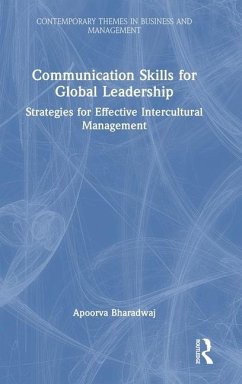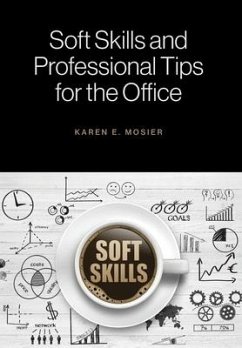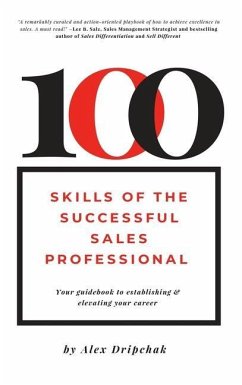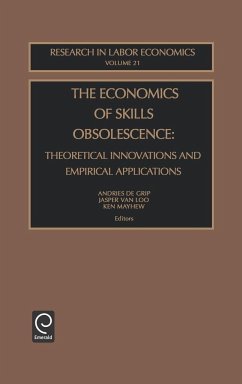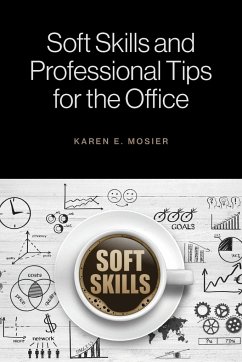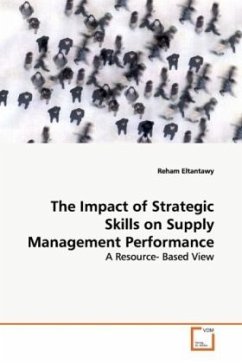
The Impact of Strategic Skills on Supply Management Performance
A Resource- Based View
Versandkostenfrei!
Versandfertig in 6-10 Tagen
32,99 €
inkl. MwSt.

PAYBACK Punkte
16 °P sammeln!
Although previous literature documented the strong link between supply management and firms performance, the study of supply management performance antecedents has been largely overlooked. Using the resource-based theory of the firm to establish a theoretical foundation, this study serves to fill a gap in the supply management literature with respect to supply management performance antecedents such as strategic supply management skills, supplier integration, and the supply management function s perceived status. Such an understanding will help supply management professionals in rationalizing ...
Although previous literature documented the strong
link between supply management and firms
performance, the study of supply management
performance antecedents has been largely overlooked.
Using the resource-based theory of the firm to
establish a theoretical foundation, this study
serves to fill a gap in the supply management
literature with respect to supply management
performance antecedents such as strategic supply
management skills, supplier integration, and the
supply management function s perceived status. Such
an understanding will help supply management
professionals in rationalizing their investments in
various inter- and intra-departmental decisions. The
sample used for
this study consists of 152 supply management
functions, represented by high level supply
management professionals. The conceptual model and
the hypothesized relationships are tested using
Structural Equation Modeling (SEM). The significance
of these results for theory, practice and future
research are discussed. A future research agenda is
also presented.
link between supply management and firms
performance, the study of supply management
performance antecedents has been largely overlooked.
Using the resource-based theory of the firm to
establish a theoretical foundation, this study
serves to fill a gap in the supply management
literature with respect to supply management
performance antecedents such as strategic supply
management skills, supplier integration, and the
supply management function s perceived status. Such
an understanding will help supply management
professionals in rationalizing their investments in
various inter- and intra-departmental decisions. The
sample used for
this study consists of 152 supply management
functions, represented by high level supply
management professionals. The conceptual model and
the hypothesized relationships are tested using
Structural Equation Modeling (SEM). The significance
of these results for theory, practice and future
research are discussed. A future research agenda is
also presented.






